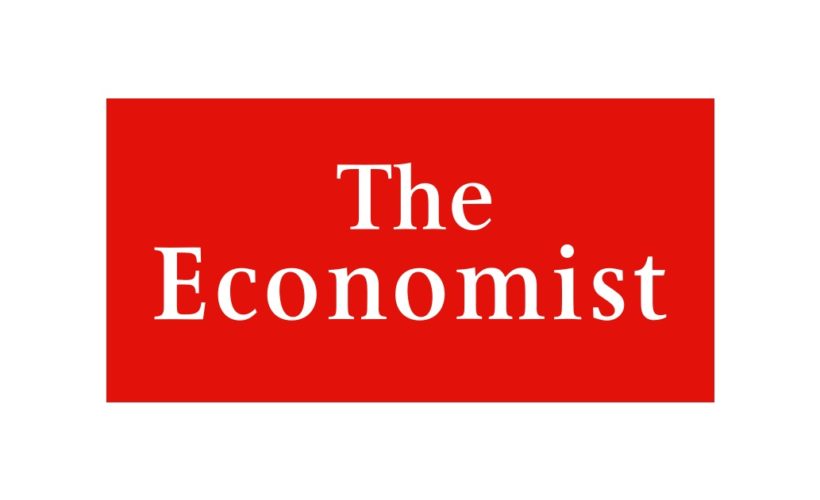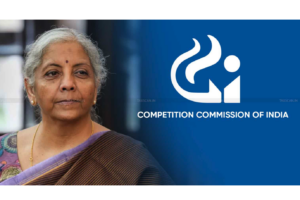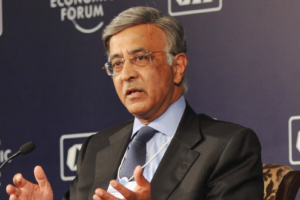
‘The Economist Events’ India Summit convened more than 180 policymakers, business leaders, entrepreneurs, leading academics and the foremost experts for a full day of fruitful discussions.
Themed ‘States of the nation’, the event looked at how states are performing in the areas of attracting investment, making it easier to do business, supporting innovation and entrepreneurship, improving access to quality education and, ultimately, contributing to India’s long-term growth and development.
Kicking off on the theme of ‘’compete to grow’’, Adi B. Godrej, chairman of The Godrej Group struck an optimistic tone: “We are the fastest-growing major economy in the world. And domestic consumption will drive future growth.” To sustain the pace, “states’ contribution will be crucial and competitive spirit among the states is certainly helping”.
The urgent need to carry out reforms in the education sector was another important takeaway from the conference where panelists agreed that primary, secondary and vocational education needed to be fixed. Discussing on how to empower the young, Shashi Tharoor, Member of Parliament, Lok Sabha emphasised that its not the quantity but the quality of graduates that the colleges churn out year after year. Out of the 500,000 engineers, 62% of them are in jobs that do not need them to have that degree, he said. Many are unemployable.
Development physical infrastructure, too, will be key, said Piyush Goyal. “Until all parts of India develop, we will never be able to get fruits of development to the last man in the bottom of the pyramid. We have to set aggressive deadlines, challenge ourselves and monitor the work. We can do great things in infrastructure in the country.”
Overall, panelists across discussions agreed that the new government has carried some big reforms like GST that have helped business move up the World Bank’s ease of doing business rankings. Amitabh Kant attributed this success to fostering “healthy competition between states”. In the financial sector, the insolvency and bankruptcy code has restored faith back in the banking industry, said Zarin Daruwala, chief executive at Standard Chartered Bank India.
Panelists agreed that for India to vie for the top spot with China for the “fast-growing large economy”, the states will have to be nimble and implement schemes proposed by the central government. And such growth cannot come at a social cost. For instance, child labour, a perennial scourge in the country, needs to be addressed, said Nobel laureate, Kailash Satyarthi. “My aim is that I want to live in a world where every child is free and fearless.”
The day closed by a keynote interview with Kumar Mangalam Birla who focussed on how states should focus on ease of doing business and the challenges which businesses face on day to day basis.



